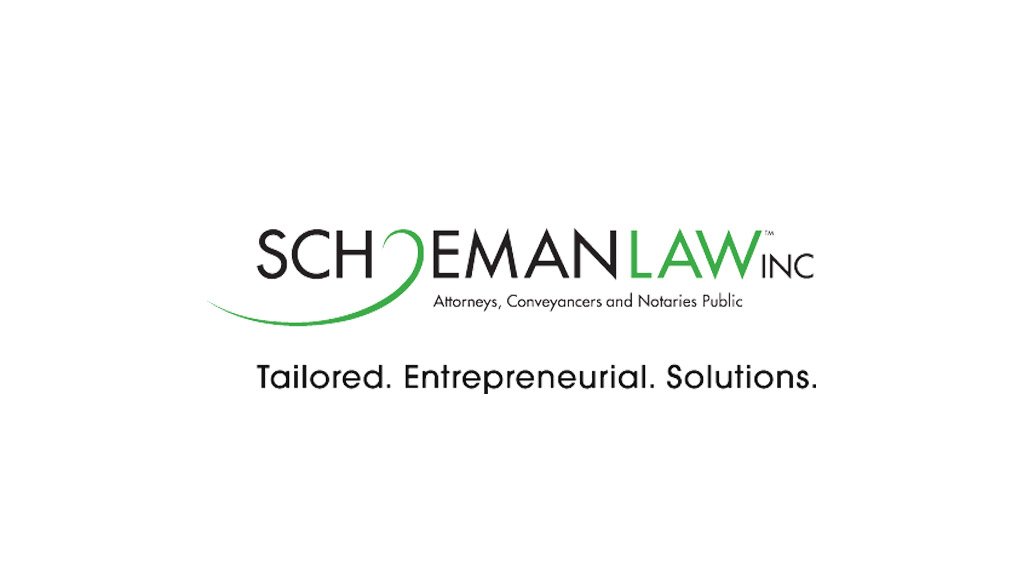In the rapidly evolving digital era, businesses in South Africa face unique challenges and opportunities related to intellectual property (IP), data privacy, and the integration of artificial intelligence (AI). This article aims to provide a comprehensive overview of the legal frameworks governing these areas in South Africa, offering guidance for businesses and legal practitioners on how to navigate this complex landscape effectively.
Intellectual Property in South Africa
Intellectual property refers to creations of the mind, such as inventions, literary and artistic works, designs, symbols, names, and images used in commerce. IP can be classified into two main categories: industrial property and copyright.
Industrial Property
The industrial property encompasses trademarks and patents. Trademarks, such as logos and slogans, serve as visual identifiers of a brand. The Trademarks Act 194 of 1993 governs the registration of trademarks in South Africa, ensuring that businesses can protect their unique identifiers from unauthorised use. For instance, the iconic Nike "swoosh" is a trademark that distinguishes its products from those of competitors.
Patents, governed by the Patents Act 57 of 1978, protect inventions and industrial designs. In the realm of software and technology, patenting can be particularly complex due to the integration of various pre-existing components. Businesses with novel ideas are advised to seek expert guidance to determine the feasibility and benefits of patent registration.
Copyright
Copyright covers a wide range of creative works, including literary, musical, and artistic works. The Copyright Act 98 of 1978, currently undergoing amendments, provides the legal framework for protecting these works in South Africa. Copyright protection is automatic upon creation, but formal registration can enhance legal recourse in case of infringement. However, proving authorship and enforcing rights can be challenging in the digital age, where content is easily disseminated across multiple platforms.
Data Privacy under the POPI Act
The Protection of Personal Information Act 4 of 2013 (POPIA) is South Africa's primary legislation governing data privacy. Similar to the European Union's General Data Protection Regulation (GDPR), POPIA aims to protect the personal information of individuals and business entities. POPIA defines personal information broadly, including data that can identify a person or entity directly or indirectly.
Key Provisions and Compliance
POPIA mandates that businesses obtain consent before collecting personal information, ensure data accuracy, and implement appropriate security measures. Compliance with POPIA involves transparency in data handling practices, regular audits, and robust data protection policies. Businesses must also be vigilant about potential data breaches and have protocols in place to respond promptly .
Balancing Privacy and Freedom of Expression
South Africa's Constitution guarantees both the right to privacy and freedom of expression. These rights often intersect in the digital space, particularly on social media platforms. Businesses and individuals must navigate these rights carefully to avoid breaches of confidentiality while respecting the freedom to express opinions on public matters.
Legal and Ethical Implications of AI
Artificial intelligence (AI) is transforming various sectors, including healthcare, education, and finance. In South Africa, the integration of AI into business operations presents both opportunities and legal challenges.
Data Privacy Concerns
AI systems often rely on large datasets to function effectively, raising significant data privacy concerns. Compliance with POPIA is crucial when handling personal data in AI applications. Businesses must ensure that AI systems are designed and used in a manner that respects privacy rights and complies with legal standards.
Intellectual Property Issues
AI-generated content poses new questions about intellectual property ownership. For instance, when an AI system creates a piece of music or literature, determining the copyright holder can be complex. South African law currently lacks clear guidelines on these issues, necessitating case-by-case analysis and potentially new legislative developments.
Ethical Considerations
The ethical use of AI includes addressing biases in AI algorithms, ensuring transparency, and preventing misuse. AI can inadvertently perpetuate discrimination if trained on biased data, highlighting the need for ethical oversight and corrective measures. Additionally, the potential for AI to generate deep fakes and misinformation requires robust legal frameworks to mitigate harm.
Conclusion
The legal landscape for intellectual property, data privacy, and AI in South Africa is dynamic and multifaceted. Businesses must stay informed about the latest legal developments and seek specialised legal advice to navigate these complexities effectively. By understanding and complying with the relevant laws, businesses can protect their assets, respect privacy rights, and harness the benefits of AI responsibly. As technology continues to evolve, ongoing dialogue and adaptation will be essential to address emerging legal and ethical challenges. Contact an expert at Schoemanlaw.
Written by Johan De Lange, Attorney, Schoemanlaw Inc
EMAIL THIS ARTICLE SAVE THIS ARTICLE ARTICLE ENQUIRY
To subscribe email subscriptions@creamermedia.co.za or click here
To advertise email advertising@creamermedia.co.za or click here











